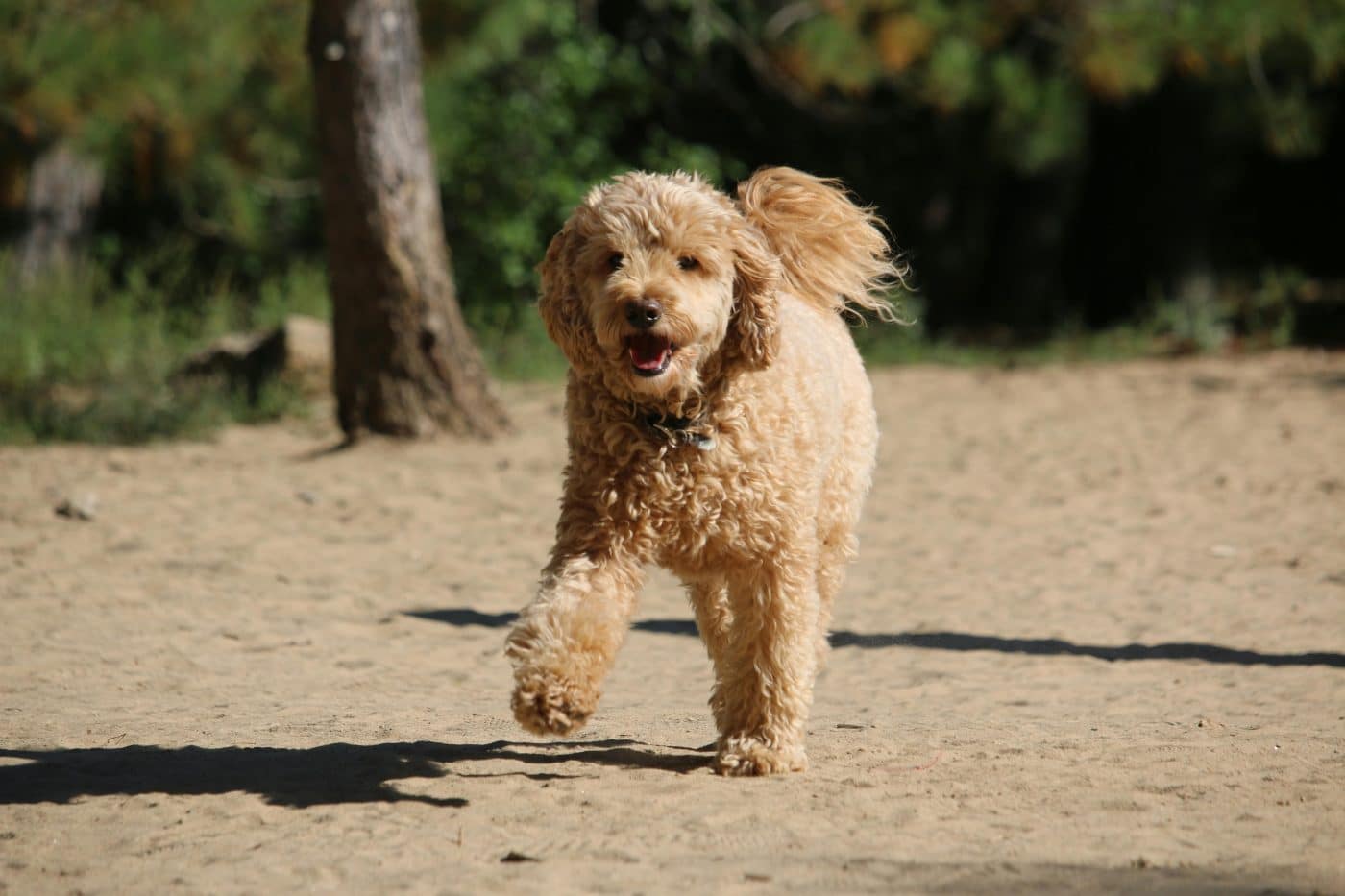 Shutterstock
Shutterstock
Bringing a dog into your life is exciting and rewarding but comes with responsibilities. As a first-time owner, you’re not just gaining a pet—you’re welcoming a loyal companion who relies on you for love and care. The journey can initially feel overwhelming, especially if you’re unsure where to begin. From understanding their needs to establishing routines, each step helps shape your dog’s happiness and well-being. Use this guide to become a confident dog parent and ensure your pup thrives in their new home.
Choose the Right Breed for Your Lifestyle
 Shutterstock
Shutterstock
Every dog has unique needs and energy levels, so selecting a breed that fits your lifestyle is essential. Active breeds like Border Collies thrive in homes where they can get plenty of exercise, while laid-back breeds like Bulldogs are better suited for quieter households. Consider factors like grooming needs, size, and temperament. Researching and choosing a breed that aligns with your daily routine and living space can help ensure a harmonious relationship between you and your pup.
Puppy-Proof Your Home
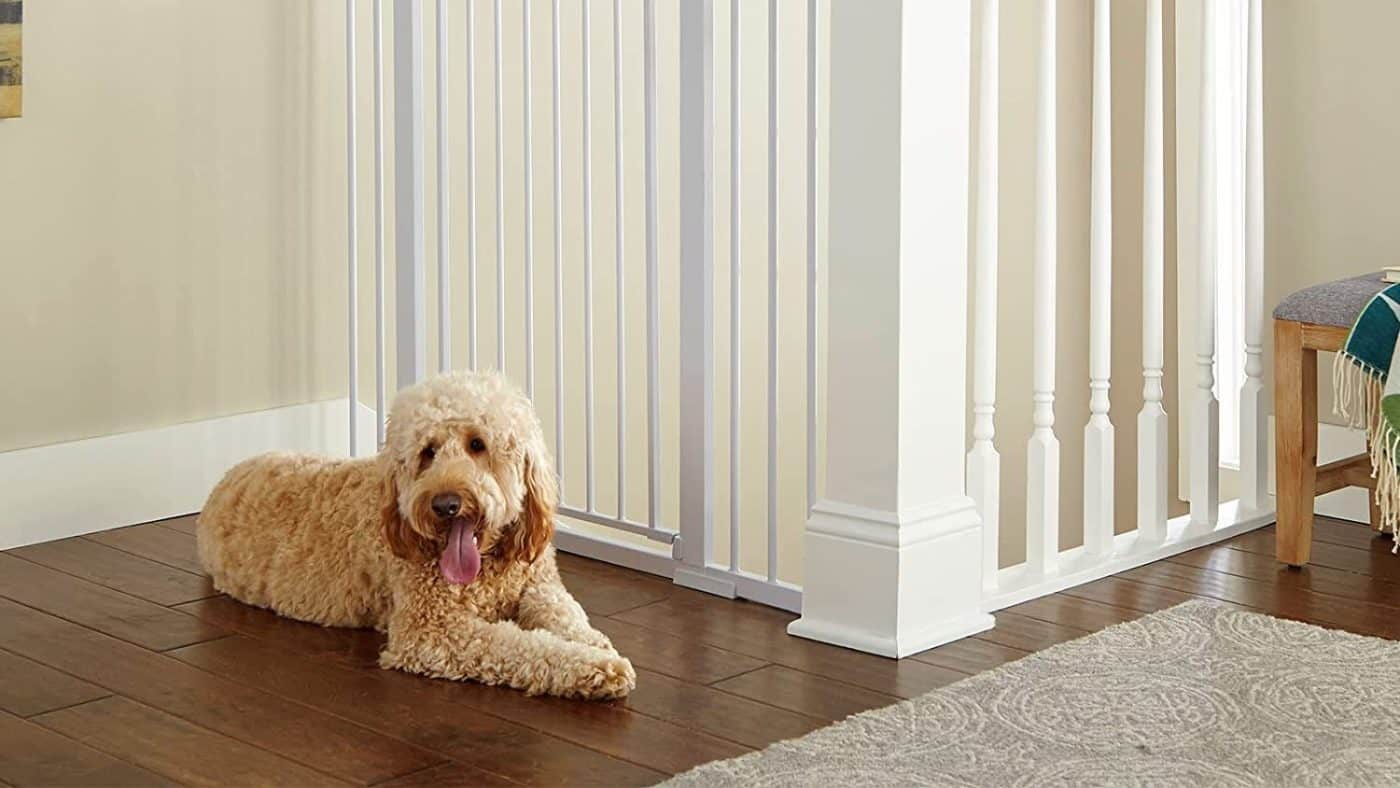 Shutterstock
Shutterstock
Before your furry friend arrives, ensure your home is safe. Dogs, especially curious puppies, love to explore, chew, and sniff everything in sight. Secure electrical cords, remove toxic plants, and store household cleaners out of reach. Invest in baby gates to block off restricted areas. Creating a safe environment minimizes the risk of accidents and sets the stage for a stress-free start to your journey as a dog owner.
Establish a Routine
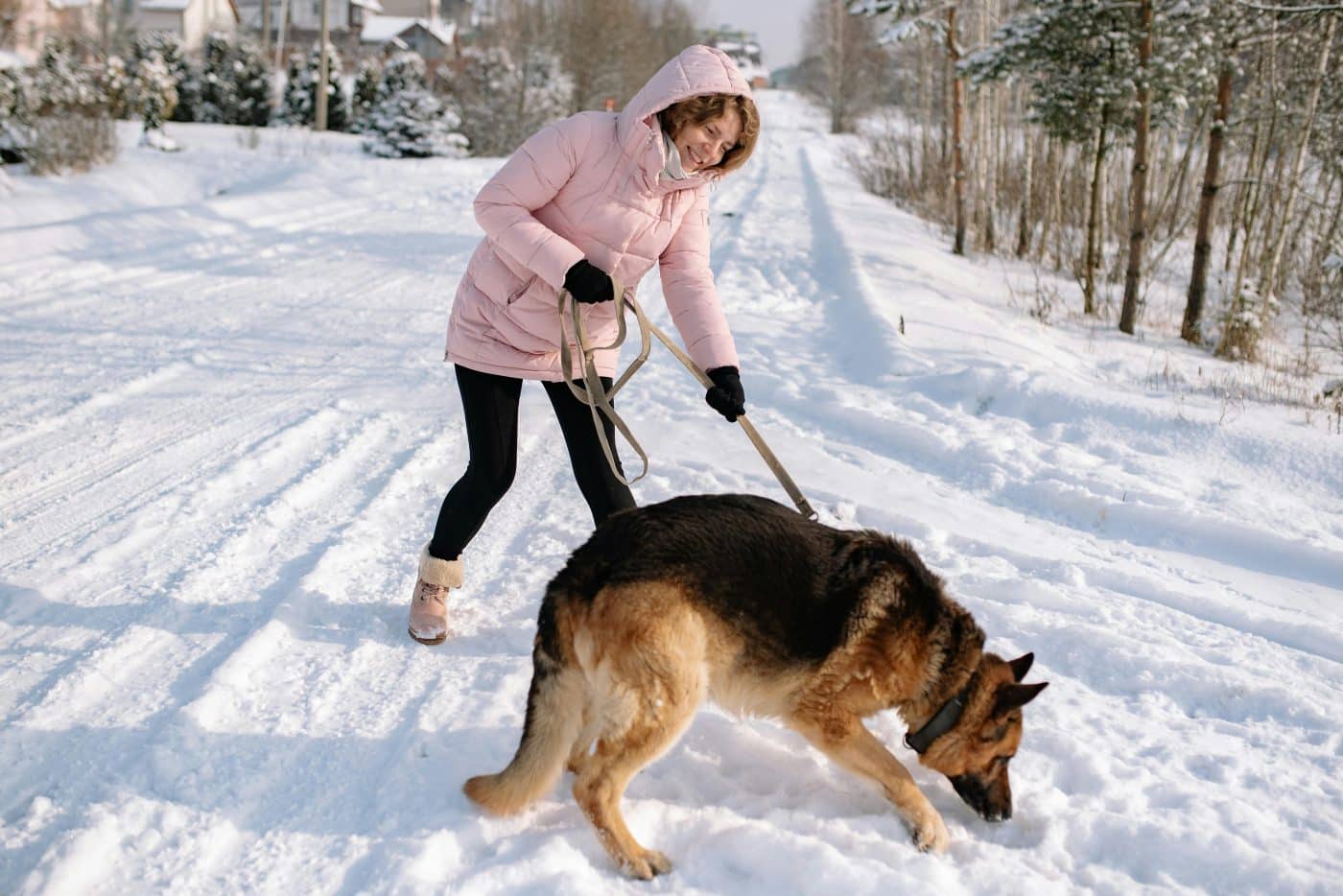 Shutterstock
Shutterstock
Dogs thrive on routine—it gives them a sense of security and structure. From feeding times to walks and play sessions, consistency helps your dog adjust to its new life. A predictable routine also aids in training, as dogs learn to anticipate activities like potty breaks or bedtime. Make sure everyone in the household is on the same page to maintain consistency, helping your pup feel more settled and less anxious.
Invest in Quality Dog Food
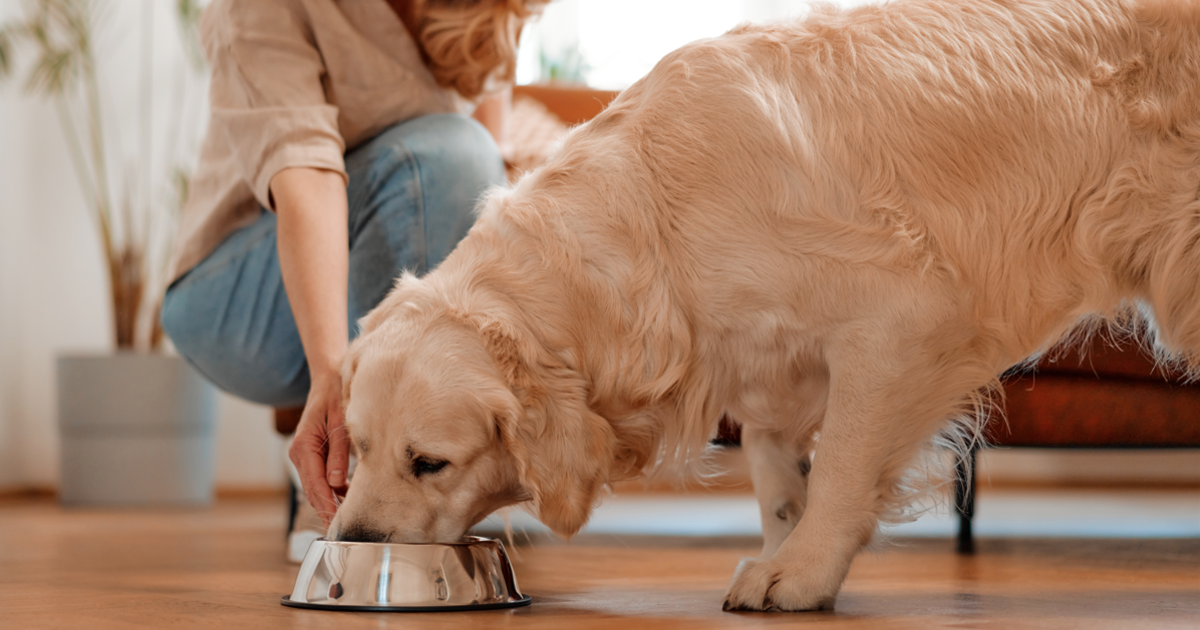 Shutterstock
Shutterstock
Feeding your dog the right diet is crucial for their overall health. Look for high-quality dog food that meets their age, size, and activity level requirements. Avoid foods with excessive fillers or artificial additives. Consult your veterinarian for dietary recommendations, especially if your dog has specific health concerns. Balanced nutrition will keep your pup healthy, energetic, and ready for all your adventures.
Start Training Early
 Shutterstock
Shutterstock
Training should begin as soon as you bring your dog home. Basic commands like “sit,” “stay,” and “come” not only improve communication but also keep your dog safe in various situations. Use positive reinforcement, such as treats and praise, to encourage good behavior. Consistent, early training sets the foundation for a well-mannered dog and strengthens your bond.
Socialize Your Dog
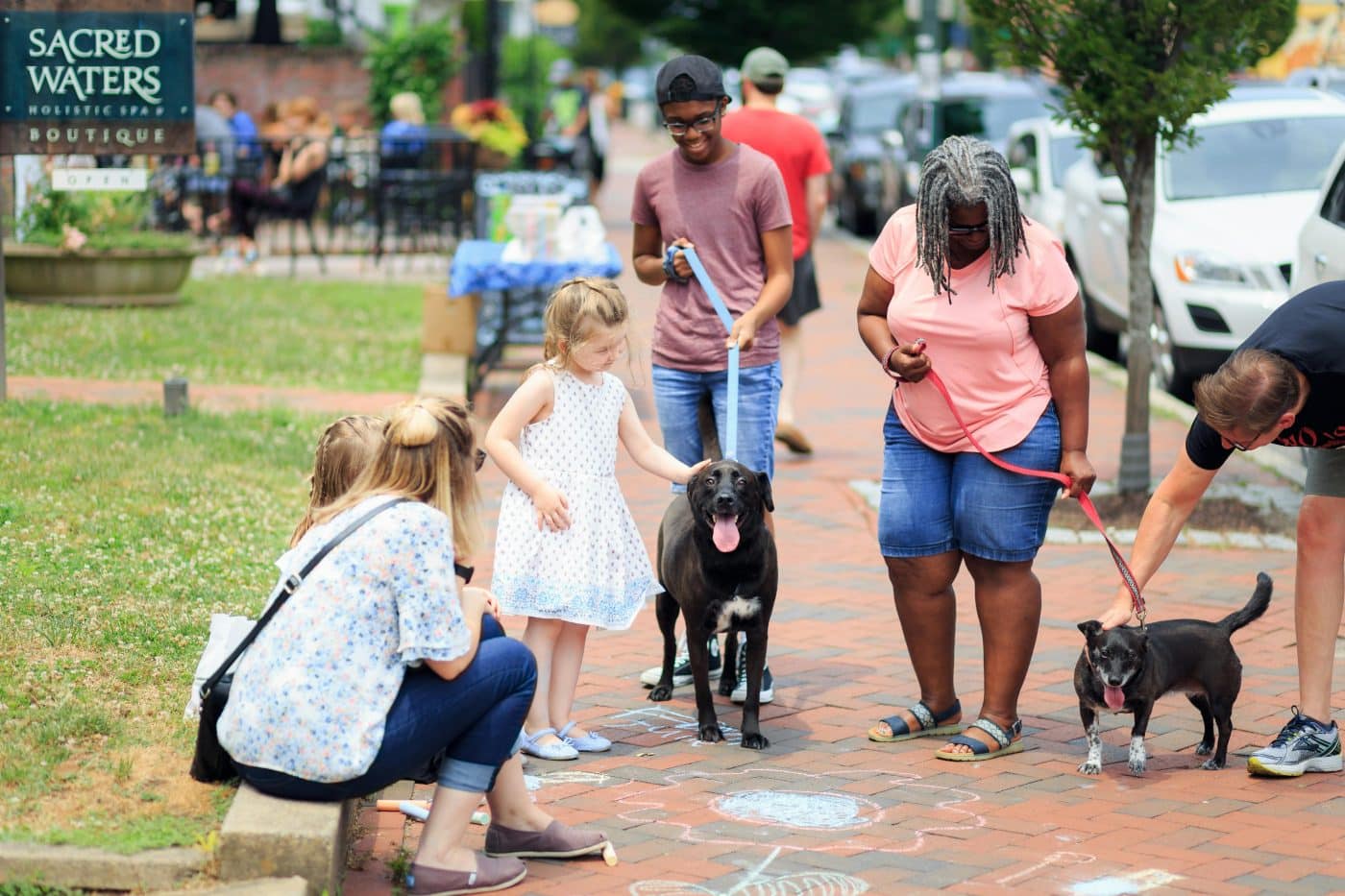 Shutterstock
Shutterstock
Socialization is key to raising a well-adjusted and confident dog. Introduce your pup to different people, environments, and other animals gradually. Early exposure to new experiences helps prevent fear-based behaviors and aggression later in life. Take them to dog-friendly parks, invite friends over, or arrange playdates with other pups. A socialized dog is a happy dog.
Be Patient with Potty Training
 Shutterstock
Shutterstock
Potty training requires time and patience. Establish a designated potty area and take your dog there regularly, especially after meals, playtime, or naps. Celebrate successes with praise or treats to reinforce the behavior. Accidents will happen, but staying calm and consistent is key. With persistence, your pup will learn where and when to do their business.
Keep Up with Veterinary Visits
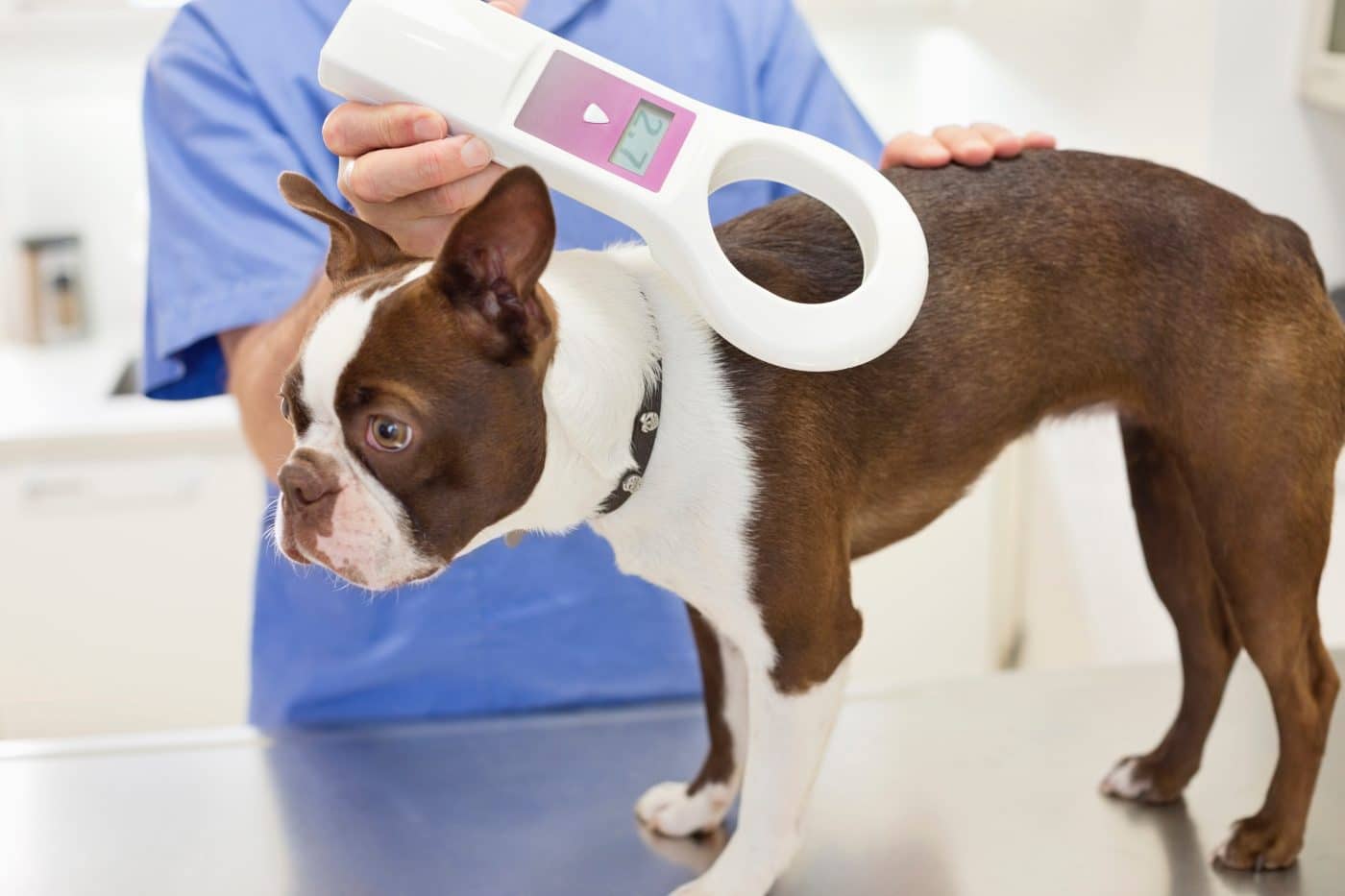 Shutterstock
Shutterstock
Regular check-ups are vital to ensure your dog stays healthy. Schedule visits with a trusted veterinarian for vaccinations, parasite prevention, and general wellness exams. Early detection of health issues can save your dog from unnecessary discomfort. Establishing a relationship with your vet also provides a valuable resource for advice and support throughout your dog’s life.
Exercise Is Non-Negotiable
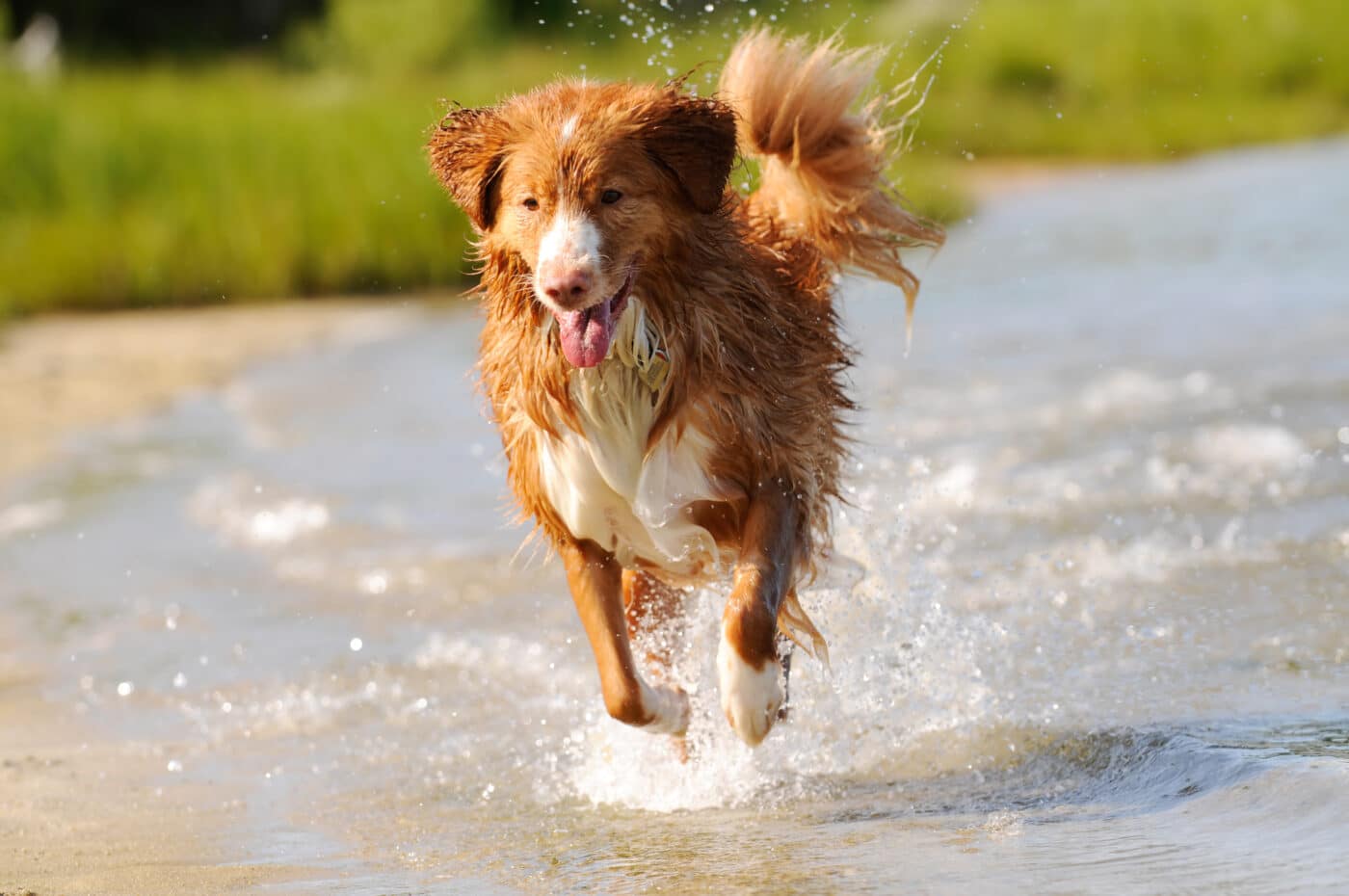 Shutterstock
Shutterstock
Dogs need physical activity to stay fit, healthy, and mentally stimulated. The level of exercise required depends on your dog’s breed and age. High-energy dogs may need long walks, runs, or playtime in the yard, while others may be satisfied with shorter outings. Regular exercise not only prevents obesity but also reduces behavioral issues like excessive barking or chewing.
Provide Mental Stimulation
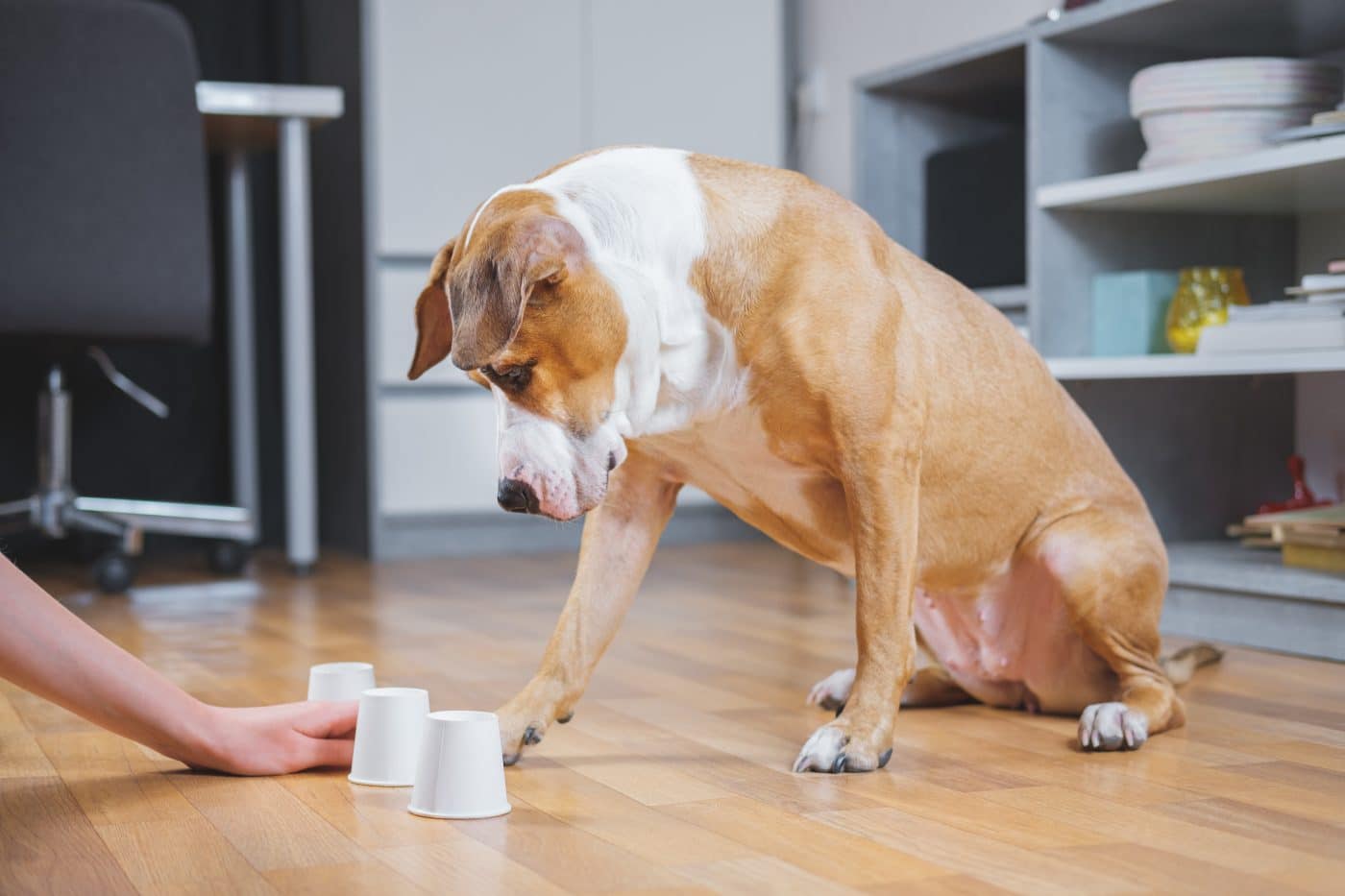 Shutterstock
Shutterstock
Bored dogs can become destructive, so it’s important to engage their minds. Puzzle toys, training exercises, and interactive games keep your pup mentally sharp and happy. Rotate toys to maintain interest and introduce new challenges as they master old ones. A mentally stimulated dog is less likely to engage in unwanted behaviors, making life easier for you both.
Grooming Is a Must
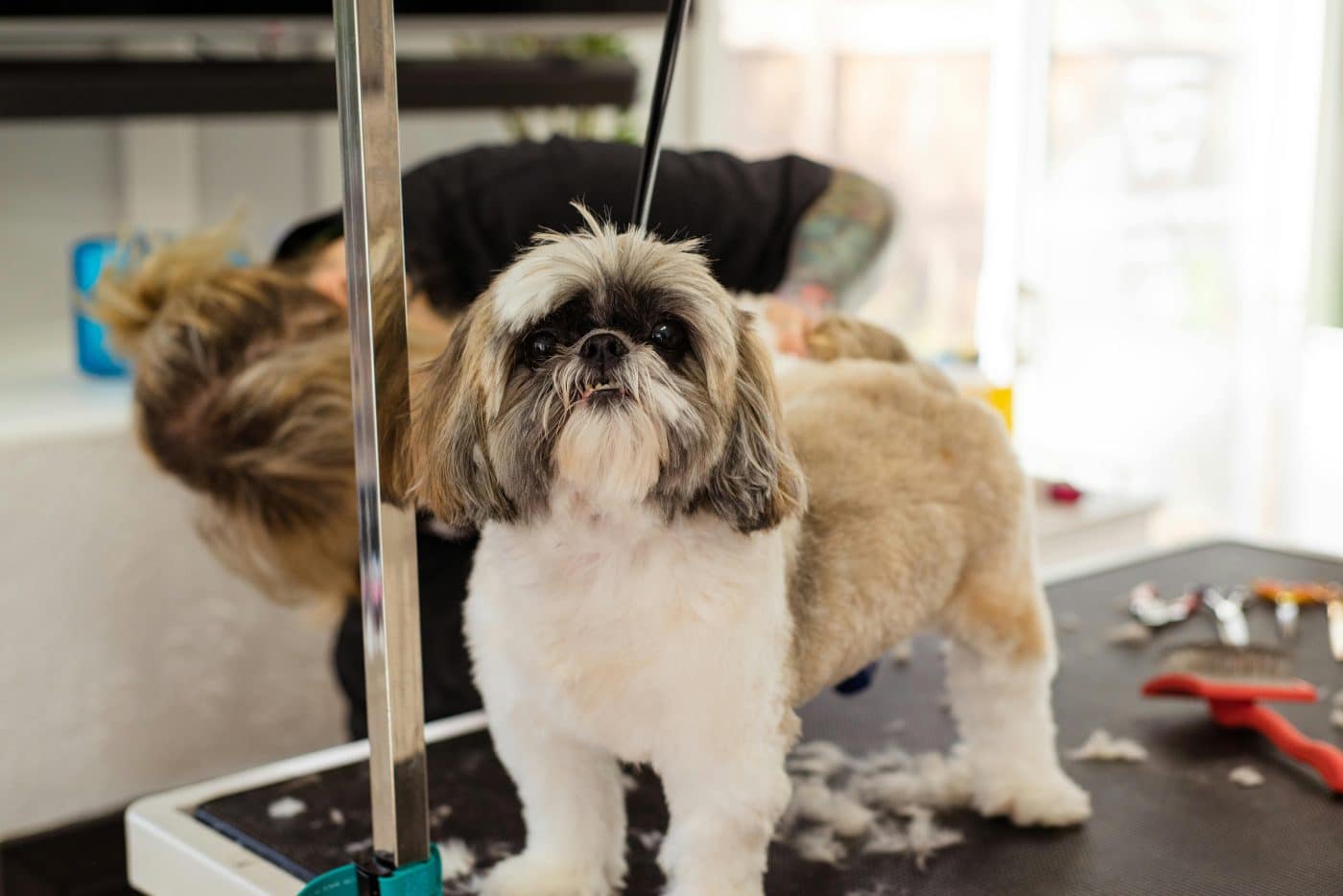 Shutterstock
Shutterstock
Regular grooming keeps your dog clean, comfortable, and healthy. Brushing removes loose fur and prevents matting, while bathing keeps the coat fresh. Don’t forget to trim your nails, clean your ears, and brush your teeth. Grooming isn’t just about hygiene—it’s an opportunity to bond with your dog and check for skin issues or abnormalities.
Learn to Read Their Body Language
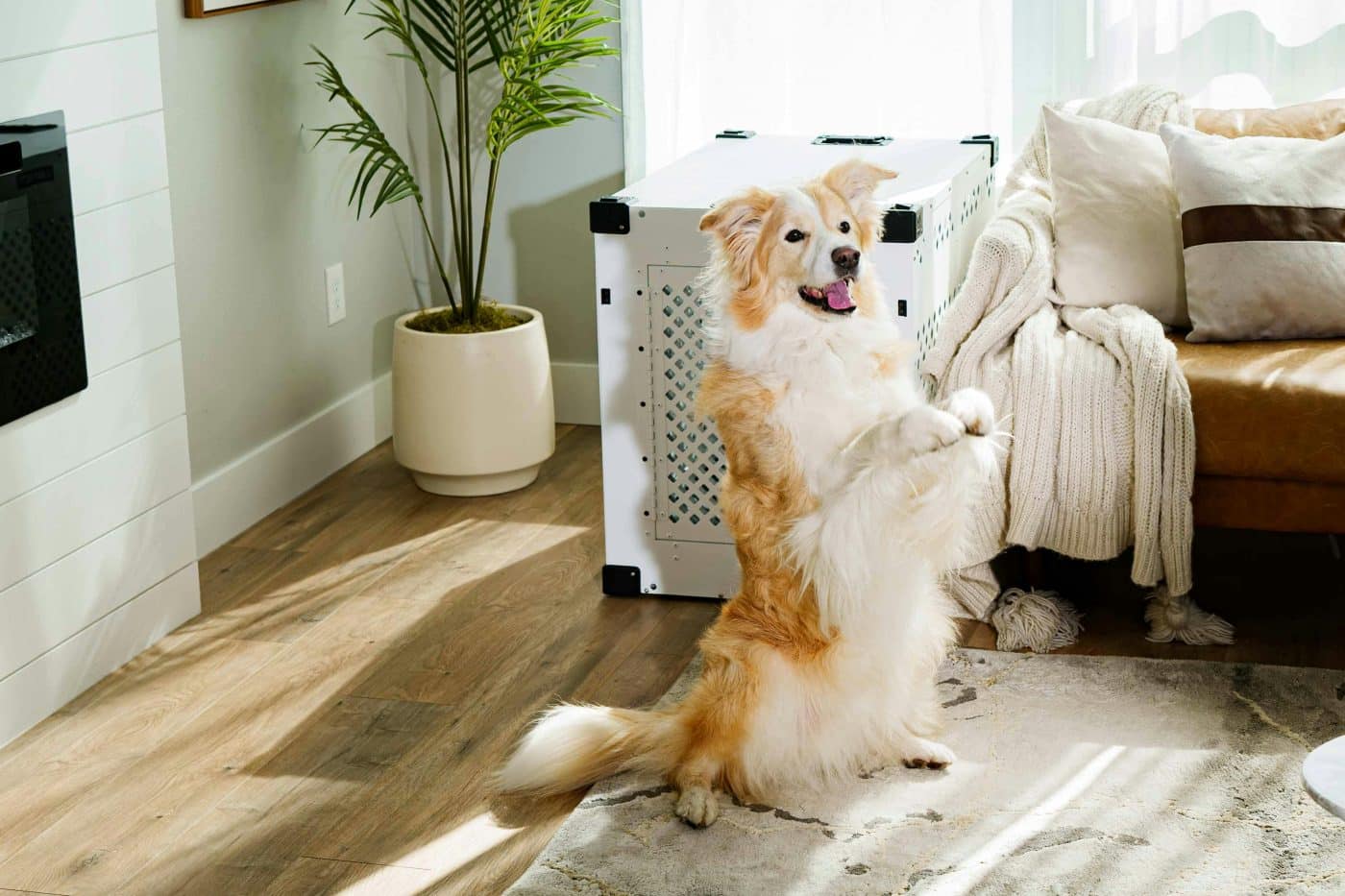 Shutterstock
Shutterstock
Understanding your dog’s body language is key to strengthening your bond. Respond to cues like wagging tails, raised hackles, or pinned ears. These signals tell you when your dog is happy, scared, or uncomfortable. Responding appropriately can build trust and ensure your dog feels safe and understood.
Provide a Cozy Sleeping Space
 Shutterstock
Shutterstock
Your dog deserves a comfortable spot to rest and recharge. Choose a bed or crate that suits your size and preferences. A designated sleeping area gives your pup a sense of security and a place to retreat when it needs downtime. Keeping its sleeping space clean and cozy shows that its comfort is a priority.
Stay Consistent with Rules
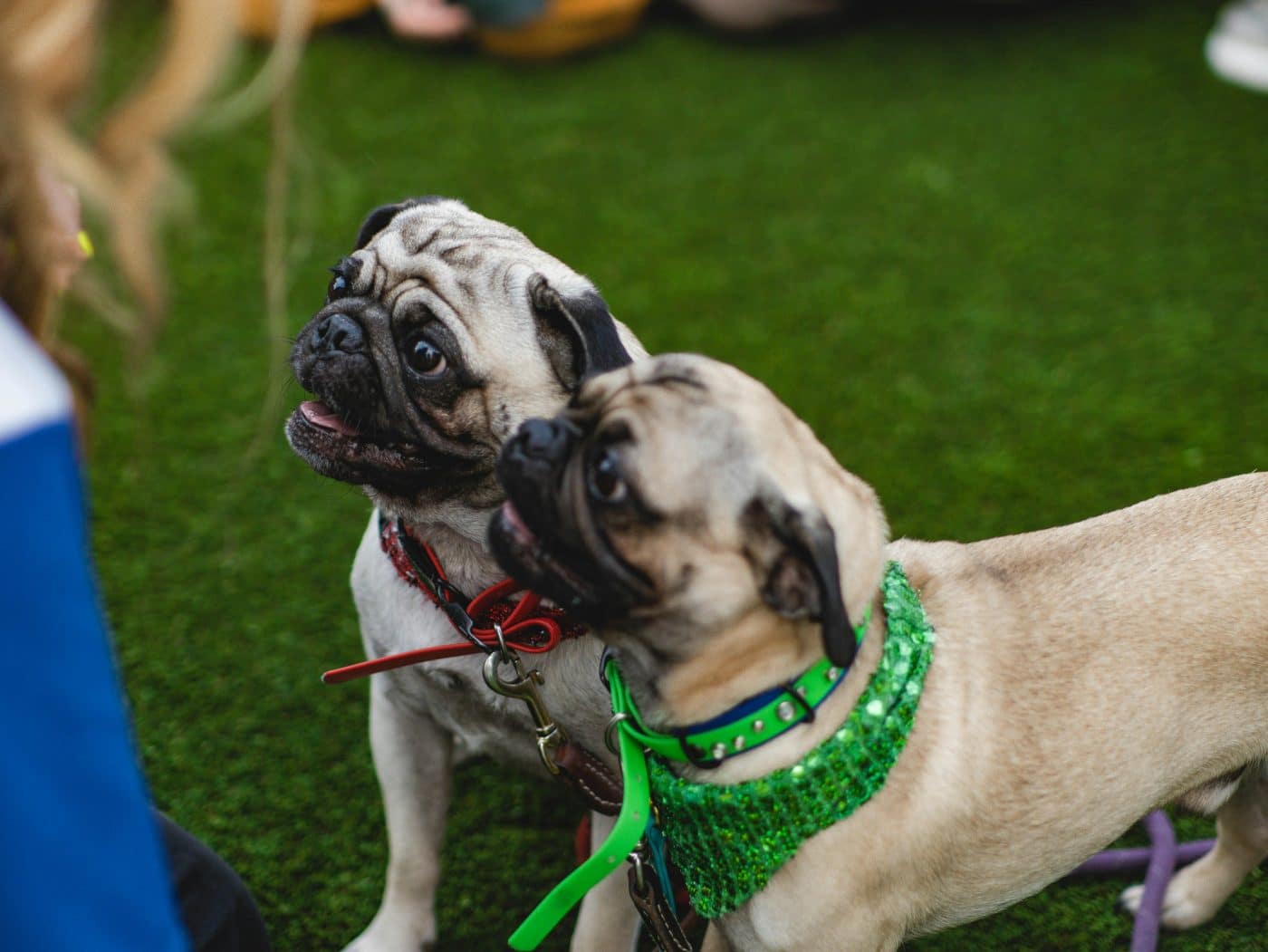 Shutterstock
Shutterstock
Dogs thrive when they know what’s expected of them. Set clear rules and stick to them. If your dog isn’t allowed on the furniture, enforce it consistently from day one. Inconsistent boundaries can confuse your dog and lead to frustration for both of you. A little discipline now will save you from correcting bad habits later.
Show Them Unconditional Love
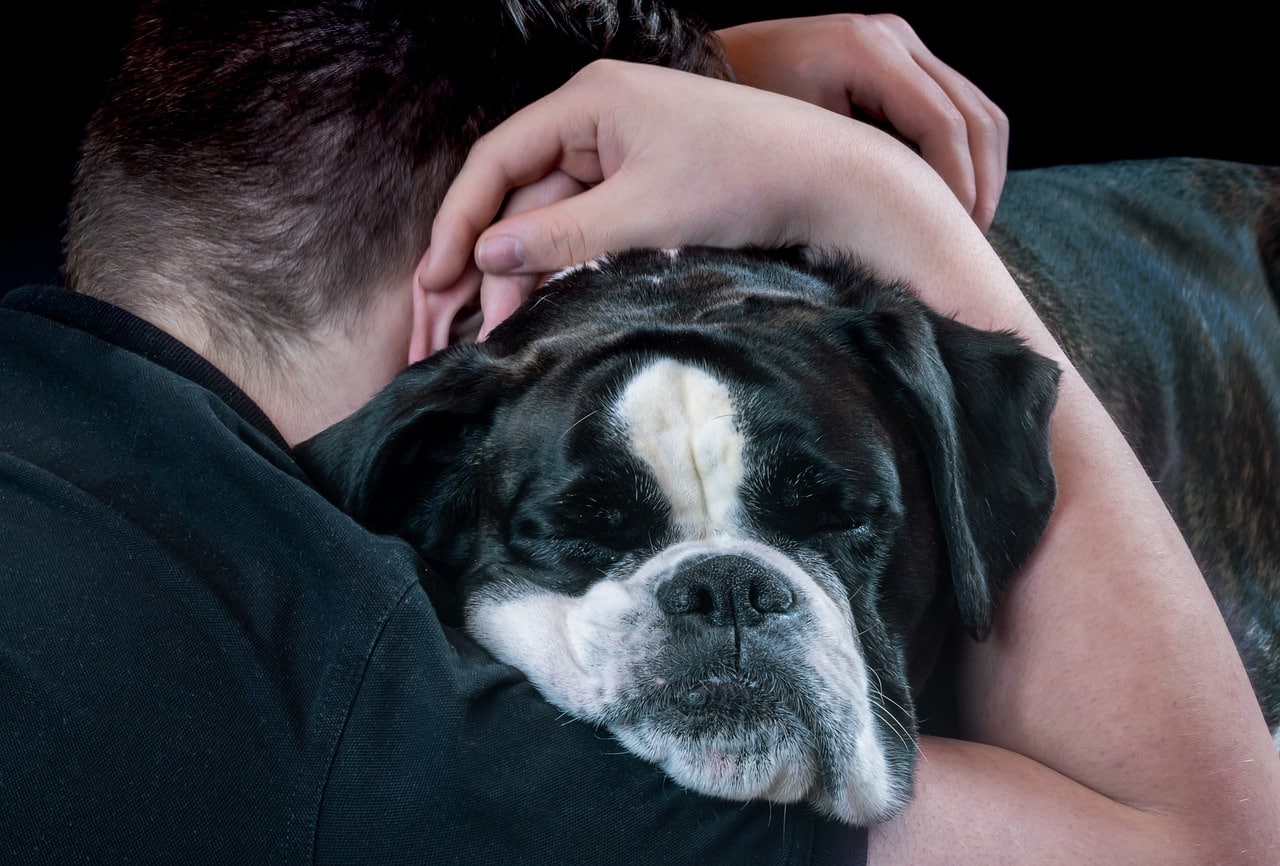 Shutterstock
Shutterstock
Above all, your dog needs to feel loved and valued. Spend quality time with them, offer praise, and show affection. Dogs are incredibly intuitive and can sense your emotions. Creating a nurturing environment will foster a deep and lasting bond. A loved dog is a happy dog; their joy will shine through in every wag of their tail.
The Last Woof on First-Time Dog Parenting
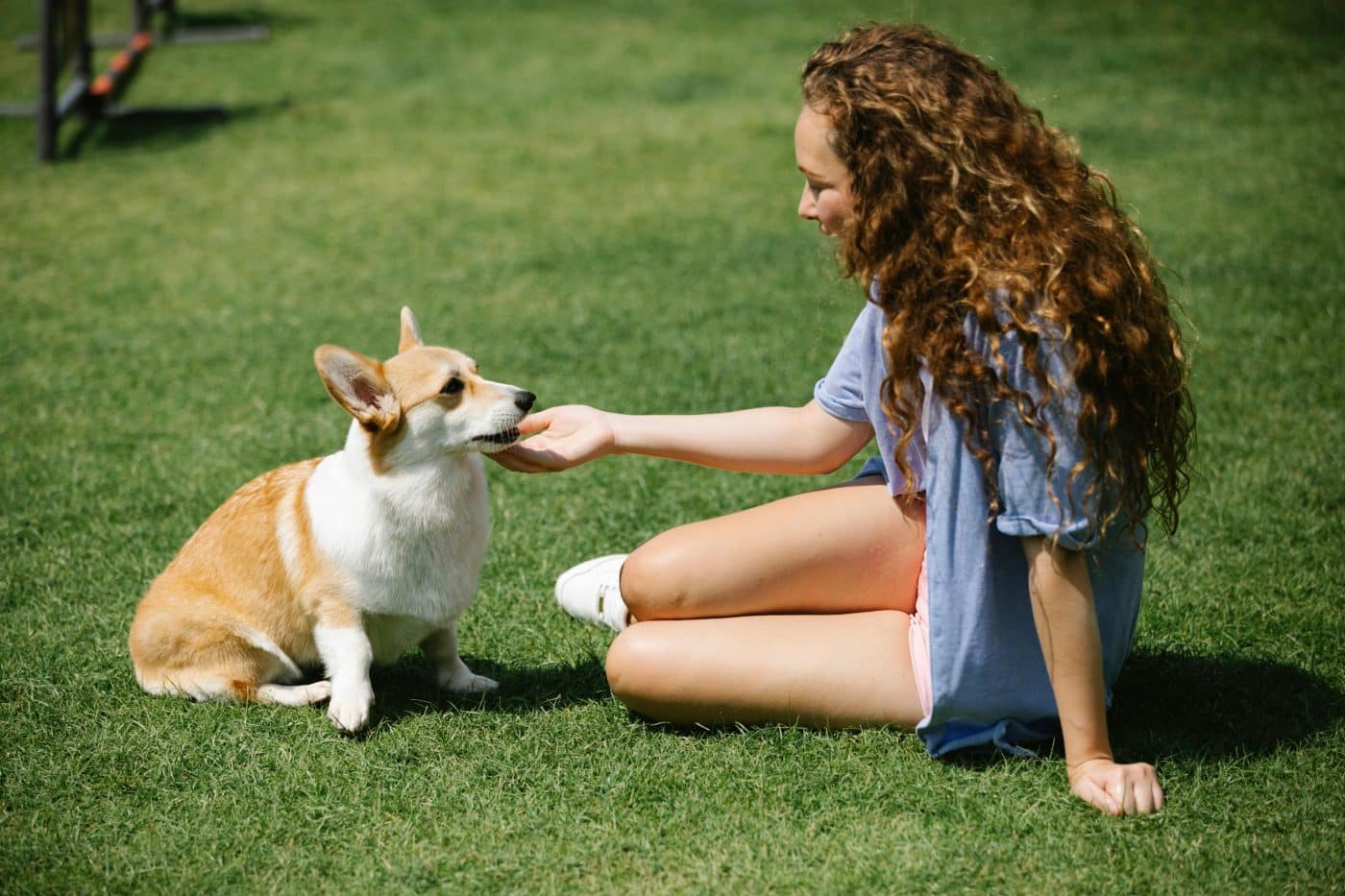 Shutterstock
Shutterstock
You’re well on your way to becoming an incredible dog parent! Owning a dog is more than feeding and walking them—it’s about fostering a life full of love, trust, and unforgettable adventures. Following these tips sets your pup up for a happy, healthy future while creating cherished memories that will last a lifetime. Dogs are the ultimate givers of unconditional love, and every belly rub, treat, and game of fetch strengthens that bond. Keep wagging, loving, and enjoying the pawsome journey ahead!
 Toledo, United States.
Toledo, United States.